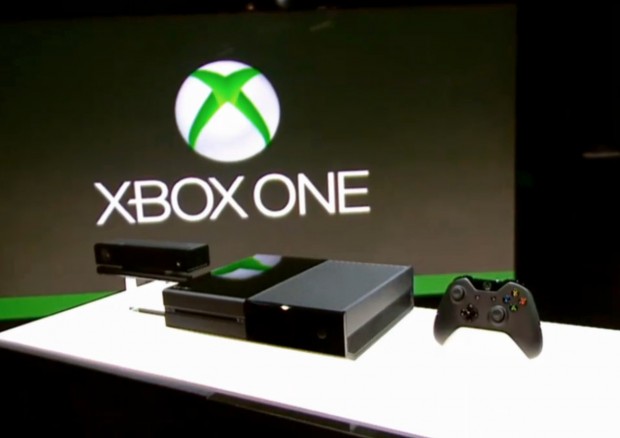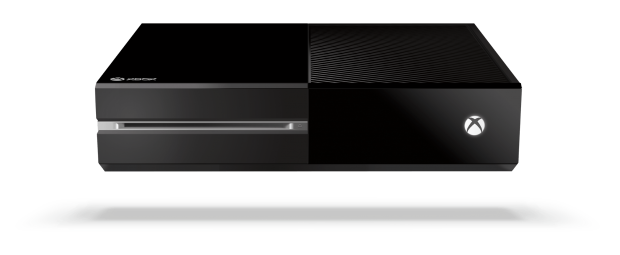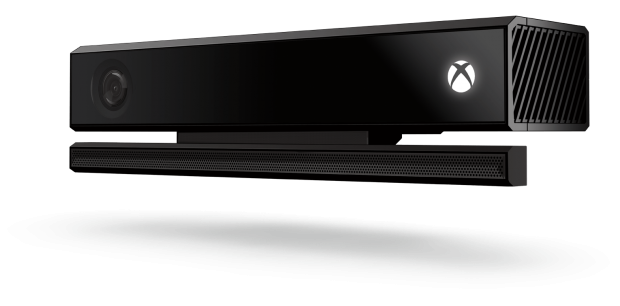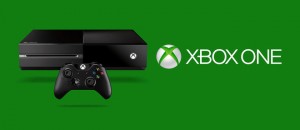When Microsoft announced the Xbox One, the company detailed virtually everything you needed to know about the device’s capabilities. Tech specs for the console, the Kinect motion sensor, and the new controller were easily available for anyone to see. But those details didn’t tell the whole story of the console, and Microsoft wasn’t exactly keen on clearing things up.
Even before the console was announced, rumors of an “always-online” system had already spread. To put things simply, the console was feared by many to require a constant internet connection to use the system and play games. This was seen as an extremely obtrusive form of DRM designed to combat things like piracy and later on, used games. After the console’s announcement, Microsoft representatives confirmed that the console would only require an internet connection for services that required it — online multiplayer games, video streaming and other online services. Our fears were put to rest. Or so we thought.
The hours following the announcement were littered with numerous inconsistencies from Microsoft. Corporate Vice President of Microsoft, Phil Harrison contradicted previous statements by stating that the console would actually require an internet authentication check every 24 hours, therefore necessitating an online connection.
Now, according to Polygon, sources have said that the interval in which the console would require an internet check is still being settled within Microsoft, which somewhat explains the confusion and inconsistent comments during the announcement. The same sources also said that Microsoft is experimenting on exemption codes that could be given to particular users, like soldiers serving in war zones. For now, it seems we can safely say that the Xbox doesn’t need to be always-online, but the console does require an internet connection.
The same Phil Harrison also caused another fury during the Xbox One announcement, when he revealed that Microsoft was planning on charging users a small one-time fee to activate used games. To do this, Xbox One games would be activated and tied to its original buyer’s account. This system would basically allow the publishers, and Microsoft, to recoup the massive losses incurred due to the used games market. But because of the way the system works, it would also completely destroy the entire concept of lending and borrowing games. Unsurprisingly, the reaction online was overwhelmingly negative, with many pledging allegiance to Sony’s PS4 which has yet to announce a plan for DRM and used games.
Now, Microsoft’s Larry Hyrb is saying that this isn’t the case and more information will be given in the future:
The ability to trade in and resell games is important to gamers and to Xbox. Xbox One is designed to support the trade in and resale of games. Reports about our policies for trade in and resale are inaccurate and incomplete. We will disclose more information in the near future.
Finally, one of the other concerns regarding the Xbox One is the potential privacy issues. The next-generation of Kinect is a powerful piece of technology. It’s equipped with a high-definition camera that can see in the dark, determine your heart rate, muscle exertion, where you’re looking and if you’re smiling or not. In fact, the Kinect is required for the Xbox One to function. But that’s not what people are concerned about.
One of the new features that was announced is that you’ll now have the ability to turn on your Xbox using the Kinect. All you have to do is say the command, “Xbox on.” To do this, the console utilizes its low-power states to keep the Kinect listening at all times. Which means that if you have an Xbox One in your home, it’s always connected to the internet and always watching and listening to you — it’s actually kind of impressive how Microsoft created the ultimate privacy nightmare in one fell swoop.
Microsoft, is of course saying that they’re not snooping on you and that privacy is a top concern:
“The new Kinect is listening for a specific cue, like ‘Xbox on.’ We know our customers want and expect strong privacy protections to be built into our products, devices and services, and for companies to be responsible stewards of their data. Microsoft has more than 10 years of experience making privacy a top priority. Kinect for Xbox 360 was designed and built with strong privacy protections in place and the new Kinect will continue this commitment.”
At this point, I guess it remains up to you if you decide to take Microsoft’s word for it — or whether you’re comfortable with having an always-connected microphone and camera in your living room. You could always unplug the console completely every time you turn it off, but you would lose the ability to conveniently turn on your console with your voice and the convenience of quickly resuming your game.
There’s a still a lot of things we don’t know about the Xbox One. The information-dense, one-hour special that introduced the console to the world certainly didn’t lack details — but right now, it seems that we, and Microsoft themselves for that matter, don’t quite have all the answers.
[via Polygon]

 Email article
Email article






